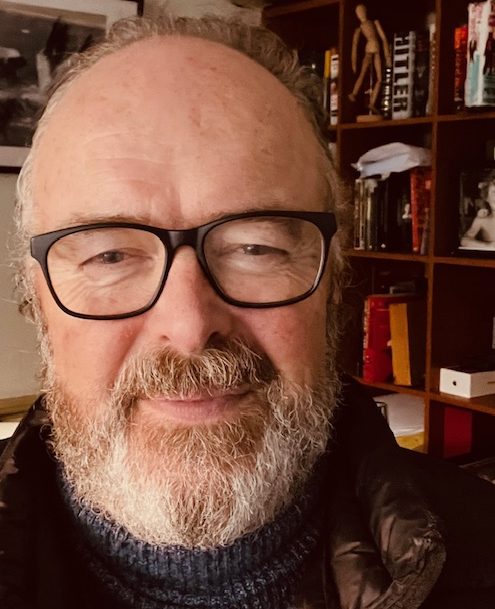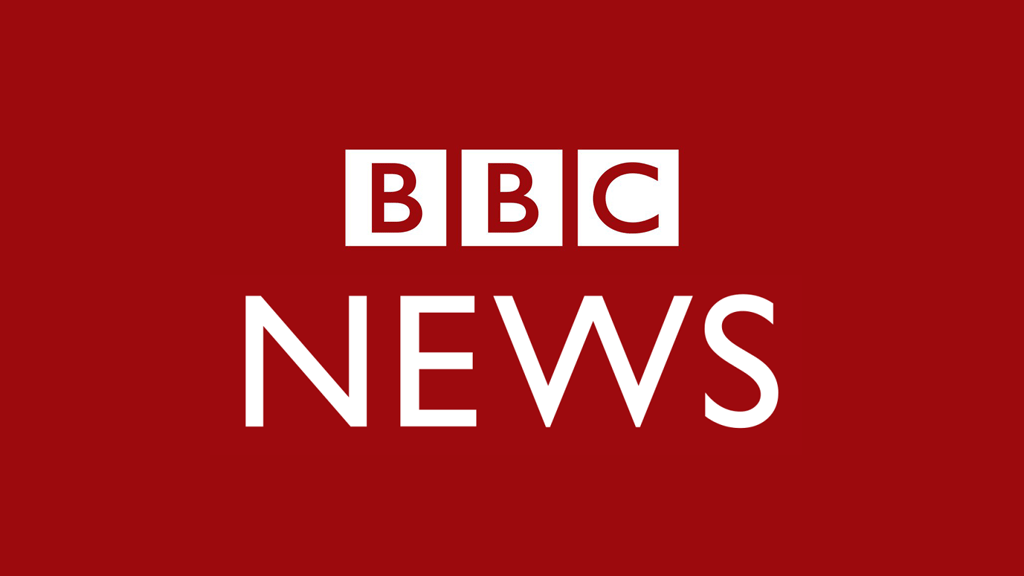
Let’s start with the good stuff. I think the BBC has played a hugely positive part in my education and entertainment life. From a small child watching Children’s Hour, listening to the Beatles on the radio in 1963 and onwards, through to the great dramas, sports coverage, Radio 4 and more, there is so much to say about what is good about the BBC.
But something has happened. Something has gone wrong.
The BBC became obsessed with news and politics. Whereas we once had a news bulletin at 6 and 9, we now have 24 hours of coverage. We were given information, and now we are given opinion. Reporters investigated, now they pass on information given from press managers in the political parties.
Here are a few facts.
- The BBC has 50% of all radio listening in the UK
- The BBC has 20% of all television viewing in the UK
- The BBC Website is the most popular news site in the UK.
So what? Is that not a good thing? Great until you get to news and then it gets murky. The recent appointments to the BBC are a new Chair who worked in corporate banking and donated to the Tory Party. A new Director-General who stood as a Tory Party Candidate, and a new Chair of Ofcom, the oversight body of the BBC, who edited the Daily Mail, a fervent right-wing newspaper for over 30 years. Nick Robinson, one of the leading anchors on R4Today was a fervent Tory activist while at University and in the years following, but, well, so what it seems.
And so onto the newspapers. BBC news regularly refers to the UK press on news shows and in their flagship Sunday AM politics show, Marr. The press in the UK is owned by a small group of very wealthy right wing people, Murdoch, the Barclay family, the Rothermere family. In fact 83% of the newspapers circulated in the UK are owned by three companies.
Hence the news agenda is not even set by the BBC, but by the papers that follow the political mindset of their owners. Simply by reading out the headlines of all the papers there is bias.
Radio with 50% of listening is even more dominant. News bulletins on the national stations are then supplemented by local news reporting. While Ofcom and the BBC claim that each station has editorial independence, it is surprising how often the stories are the same.
The Oxbridge factor also arises, with the BBC itself acknowledging that they need to broaden their intake of employees. Is it a problem that so many come from these two universities? Surely they are the brightest in the country? They are certainly the brightest at getting into Oxbridge colleges. Oxbridge recruits more from 8 specific schools than 3000 others. Guess which ones are non fee playing schools? 6 of the 8 are independent. the other two are state 6th form colleges, one in Cambridge and one Hampshire.
So these are the dominant force in the BBC and even they are not smart enough to be able to avoid unconscious bias created by their environment. They are also closely connected to the Tory Party, with the current Cabinet having 60%+ having been to public school and 45% “up” to Oxbridge. Happy family time.
But the other media can keep an eye on the BBC can’t they? Yes, they can, but will they? The BBC pays well. Very well. It pays well for jobs but it also pays for appearances. The average pay for a journalist in the UK is £24,000. In 2017 the BBC had more than 40 being paid more than £150k per year. It has a big bunch of juicy carrots to dangle in front of reporters, in both national and local channels. Huw Edwards gets paid £470,000 a year, for reading. Now, is there anyone reading this that would follow him to another station to watch him read there? There will be some that say he is talent, but when you see the number of people who were good at sport that are then able to talk to a camera, you begin to doubt the difficulty.
So does being paid highly affect your politics? No, of course not! Well, yes. Why? Well for a start you are able to pay for your children to enter or continue their education in public schools, which is a political statement in itself. And as we have seen, many BBC presenters set up companies to reduce their tax obligations, another political decision. Anyone on £30k a year doing that?
Of course, it will sometimes seem that there is a left-leaning bias in the BBC, particularly with gender and race issues, but those are easy to support. If you are living in the rarefied parts of London on your £150k+ salary, what difference will it make? The comfort of the liberal middle class, particularly those that are not employing anyone, or have the pressure of running a business, is part and parcel of life. Be seen to be good, and live life as you like.
The thing about all this, that if asked, they will all deny it, and believe that denial. That’s what comes from being to public school and Oxbridge. Confidence in your own ability, your own thinking, your own personal morals. Confidence that when you meet an old pal from school, who happens to be a Government Minister, you are able to be totally unfettered by the relationship, able to see through the friendship to what is being said. Just like we are. Able. To. Be…..
There is also the power of the incumbent government over the licence fee. They can decide to remove it altogether. Rupert Murdoch is forever at his political lackeys to do just that, either Blair or Cameron, but it has been a step too far, even for them. Both have been on record licking up to the Media monster that used to be able to affect election results here as well as the US.
And Ofcom. This is the body that is supposed to oversee the BBC. Make sure that it is acting in the interests of the people who pay the licence fee. Us. But when I spoke to them at their meeting to present the findings of their research into the working of news and current affairs, I asked a question. “Are there records kept of editorial meetings in the BBC?” I was met with a look of horror from the Ofcom representative. An ex journalist. “Noooo!! We couldn’t expect that! That would be too difficult.” SO I followed up. “So, completely speculatively, there could have been a meeting where the editors of R4Today said, ‘Let’s go easy on Boris Johnson, it is in the interests of the country during these difficult times.” She said that was very unlikely. But i continued, she didn;t know, or couldn’t find out as there are no records kept. And I also pointed out that with over £3.5 Billion of public money should there not be records kept, even if it is a little bit more work? They moved on. I was being boring apparently.
So why does it matter? Well, I have worked in advertising for 40 years. I know how communications works, how a budget of £1 million spent well can change peoples behaviour. And Nigel Farage was given the equivalent of £100 million of free airtime between 2010 and 2016 to sell the idea of Brexit to the nation, by the BBC. He was on Question Time more often than any other politician bar Ken Clarke, at 32 appearances, His party was represented on 25% of the programmes, while they had less than 2% of the vote in the 2010 election. Can anyone find out why he was given so much time? Nope, there are no records kept of editorial decisions. A book on how the BBC created Brexit is on my agenda.
And BBC Radio Ulster’s flagship programme is promoting our own version of Farage. Jim Allister got fewer than 4000 first preference votes in the most recent Assembly elections, yet he is by far the politician who is on Nolan most often, his opinions being given on any given subject of the day. I asked Stephen Nolan in person why he was on so often and was told that, essentially, he is available. I asked on air the same question, and was told he “represented the Unionist voice”. He doesn’t, he represents fewer than 4000 people. And now his poll numbers have risen to 10%, on the back of the ongoing visibility on Nolan. When I asked the BBC about Farage, I got the expected reply that he was a popular politician, but they made him so! The same is applying in the Allister/Nolan axis. They are skewing our democracy. It is dangerous.
The BBC does not assess risk. That is programmes like Nolan do not discuss the potential for causing problems that might arise from their broadcasting. Advertising brands will spend substantial amounts so that an audience will see their ad four times. That is a total of 2 minutes. They know that it will make a difference. The BBC does not seem to understand that they need to step beyond ratings and into risk. Constantly promoting a divisive message results in, surprise surprise, division, and in N Ireland that can translate into violence on the street. I have been informed that there are no conversations about impact or outcomes in the BBC. It is as if they don’t understand the media at all. Where do the troops head first when there is a coup d’état? The television station. The radio. It is time to get a handle on this, it is dangerous.
So there you go, The BBC. Not independent. Not yours. Not holding those in power to account, but influencing in a pernicious and dangerous manner the politics of our nation.

